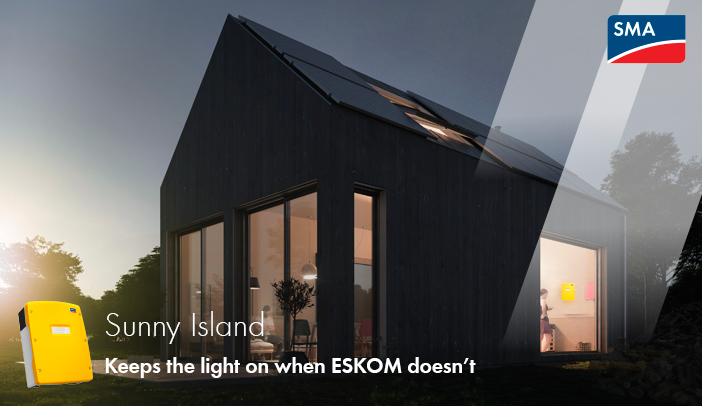- The Tshwane Metro has opened applications for residents to install small scale embedded generation (SSEG) systems to enable a reverse feed transaction from the seller to the grid.
“All the resident needs to do is complete an application form and submit it to the municipality,” said metro spokesperson Lindela Mashigo. “The application will be assessed internally. If all is correct, approval will be granted and the applicant will be informed.”
“The resident will continue with the installation of the SSEG system as per the approval. When all is completed, the system will be commissioned. The completion of the process from application to commissioning also depends on the resident,” said Mashigo.
The offer also includes residents who are already connected to the grid.
No tariff was specified in the announcement but their website reveals that after approval, customers will receive a bidirectional meter with two registers. The customer then buys electricity at the applicable tariff for the import register from the City. The customer will receive a NERSA-approved 11,99 c/kWh on the export register, as per the current tariff structure.
Anyone interested in applying for SSEG can e-mail sseg@tshwane.gov.za
Other challenges
The Tshwane metro reports that due to the ongoing Eskom-declared load-shedding, the performance and reliability of City of Tshwane electricity infrastructure is negatively affected as it is not designed to be switched off and on constantly.
When the electricity is switched back on after scheduled load-shedding, the electricity networks are exposed to high start-up currents and voltage spikes. This ageing and vulnerable equipment cannot consistently withstand these cumulative spikes, leading to frequent equipment failures and/or overload trips after scheduled load-shedding. The problem has been compounded by the unabated incidences of theft and vandalism of our cables across all seven regions of Tshwane.
Author: Bryan Groenendaal

















3 Comments
So IPP’ sell power at 12 cents per kw.hr to Tswane but buys power at R2 per kw.hr. Does not seem fair.
I can pay off a 10KWh battery in 20 months. It will cost me R3000.00 a month to store 1500KWh. It will be more attractive if you pay R1.50 for each KWh and the get R2.00 selling it back. Then it is R0.50 to store 1KWh.
11,99 cents, that is like a kick in the nuts